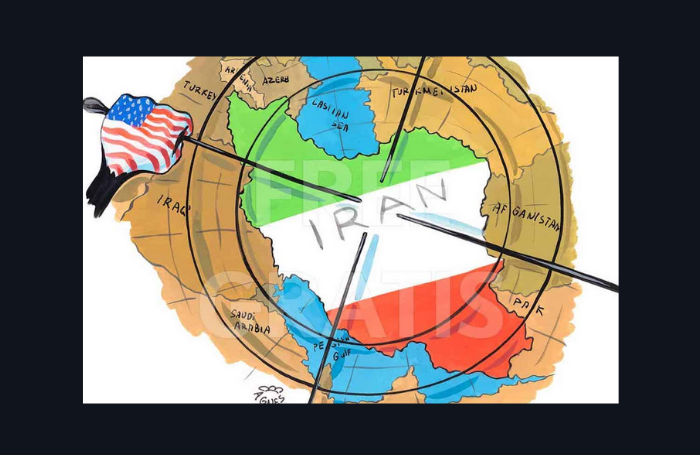Eric Brewer and Henry Rome
Foreign Affairs, June 9, 2023
“Plan C is an acknowledgment that although the status quo is not good, the alternatives could be far worse.”
After more than two years of trying and failing to restore the 2015 Iran nuclear deal, the Biden administration appears to have concluded that the agreement is beyond resuscitation. In March 2022 and again in September of last year, Tehran balked at restoring the pact, known as the Joint Comprehensive Plan of Action, and instead made new demands it likely knew Western governments could not meet. Since then, Iran has brutally suppressed antigovernment protests at home and provided military aid to Russia, sapping all remaining enthusiasm for restoring the JCPOA in Western capitals. “It is dead,” U.S. President Joe Biden finally declared in November.
While the negotiations floundered, Iran’s nuclear program advanced in unprecedented and, in some cases, irreversible ways. Since U.S. President Donald Trump withdrew from the agreement in 2018, and especially over the past two years, Iran has reached important nuclear milestones. It has stockpiled hundreds of pounds of highly enriched uranium and installed thousands of advanced centrifuges. Iran could produce its first bomb’s worth of weapons-grade uranium in a matter of weeks and material for subsequent bombs shortly thereafter.
In recent months, Iran has paid almost no price for these nuclear advances. On the contrary, its geopolitical position has improved. It has bolstered ties with China and Russia while normalizing relations with some of its neighbors, including its regional rival Saudi Arabia. It is easy to see why Supreme Leader Ali Khamenei might believe he can have his nuclear cake and eat it, too.
If the Biden administration has given up on Plan A—reviving the JCPOA—it has also shied away from pivoting to the Plan B proposed by many analysts as well as Israeli officials: heaping economic, political, and military pressure on Tehran. Instead, it has opted for Plan C, an attempt to prevent the worst outcomes of the nuclear standoff with Iran while retaining the possibility of resolving it in the future.
… [To read the full article, click here]


